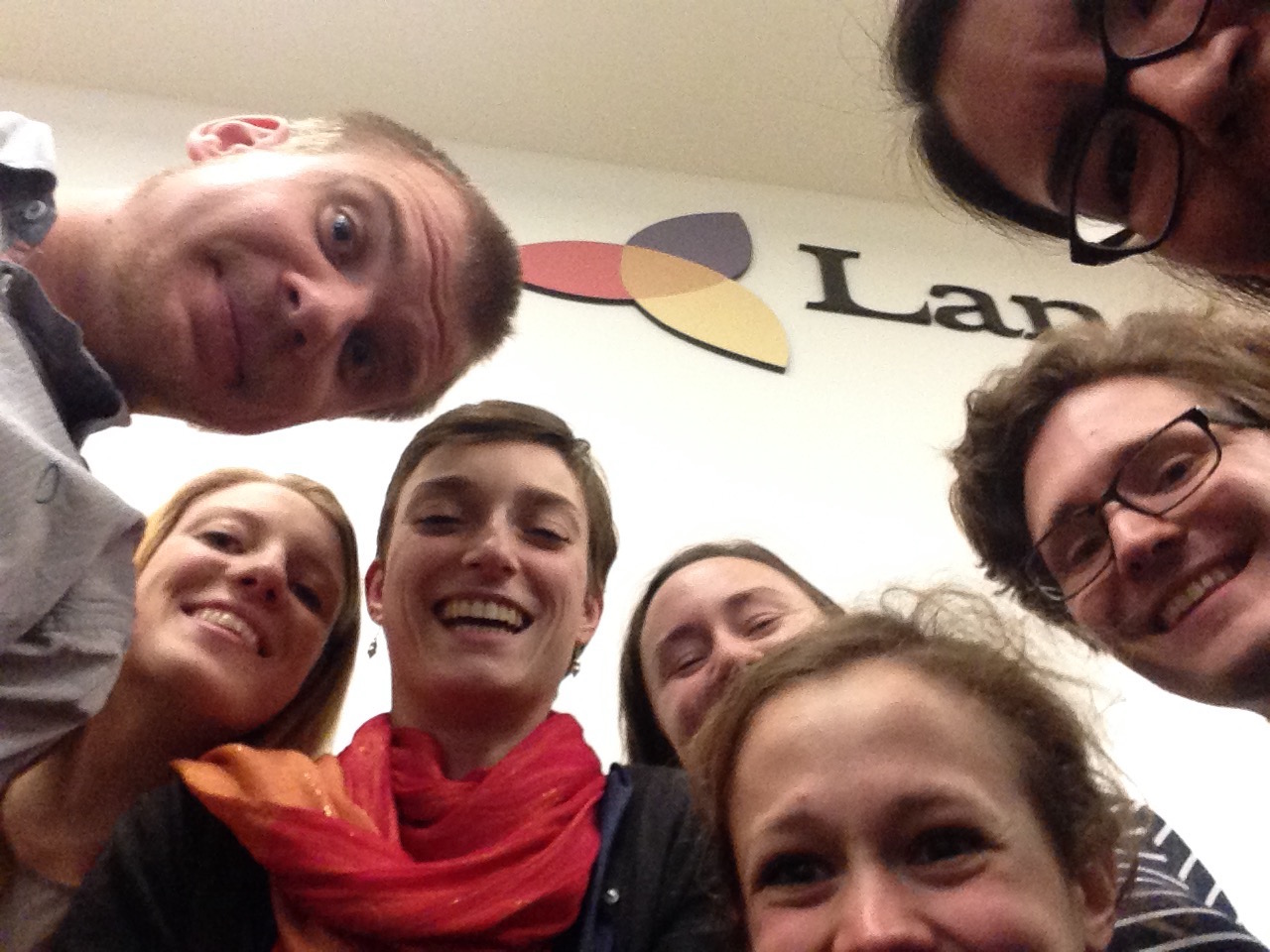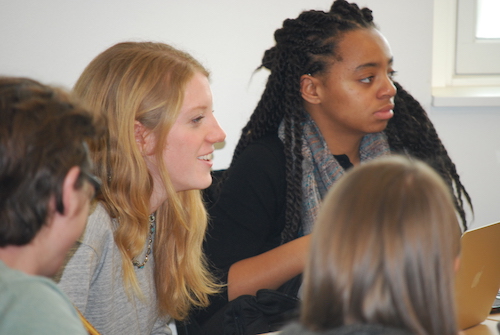Winter Storm 2017: Science, Community and Action
February 10, 2017

With the paint barely dry in LSC’s new home in HJ Patterson Hall, Winter Storm 2017 showed what is possible when an engaged grassroots community is combined with a space that is designed for collaboration.
With the paint barely dry in LSC’s new home in HJ Patterson Hall, Winter Storm 2017 showed what is possible when an engaged grassroots community is combined with a space that is designed for collaboration. Now in its 9th year, Winter Storm is an intensive two-week workshop that focuses on building skills, intellectual community, and collaborative research. It is always a team effort to organize Winter Storm, but this year more people contributed than ever before. 60 students, faculty and staff from 16 units across the university contributed as organizers or event leaders, and over a hundred participated in some capacity. Students from multiple programs worked together to design and implement a broad menu of activities. Many events featured students teaching skills to each other. Highlights included a career development workshop series, and a Language Science Day of Action that coincided with Inauguration Day, preparing students and faculty alike to communicate to broad audiences and to key decision makers.


